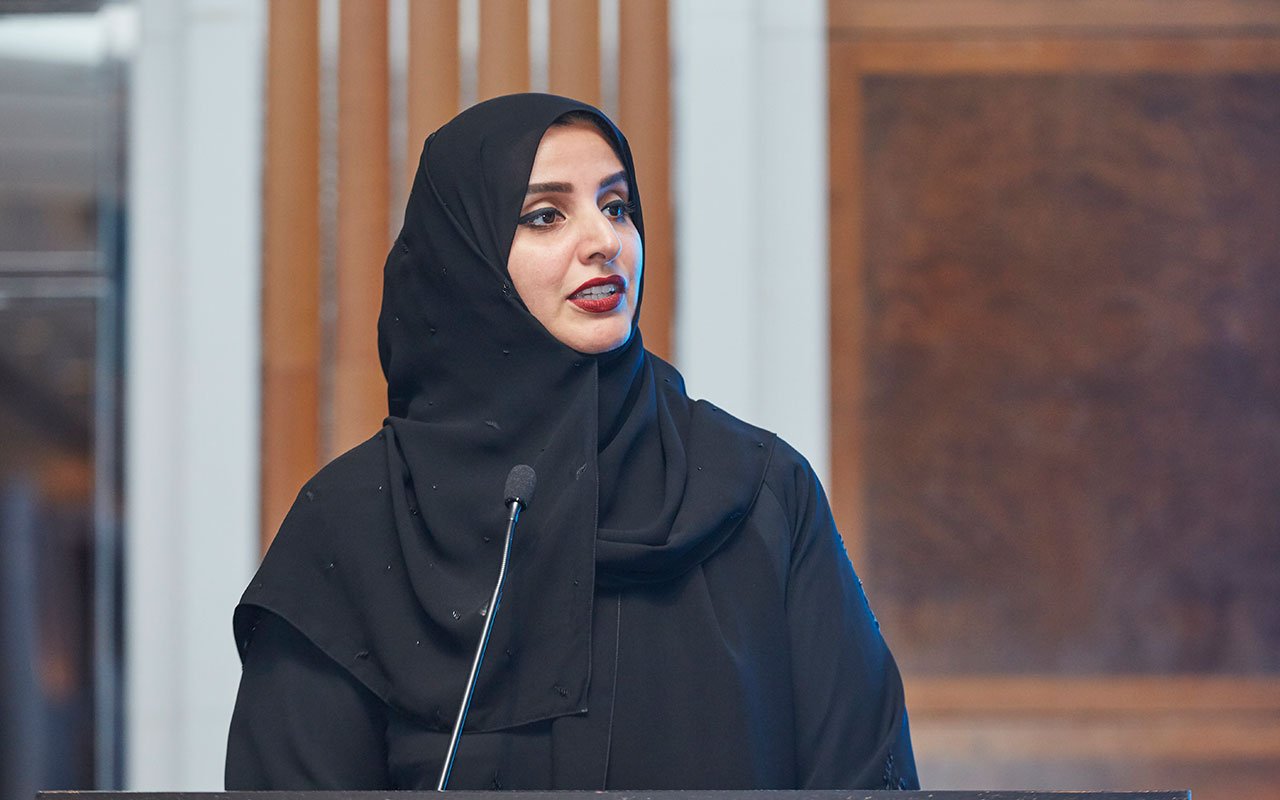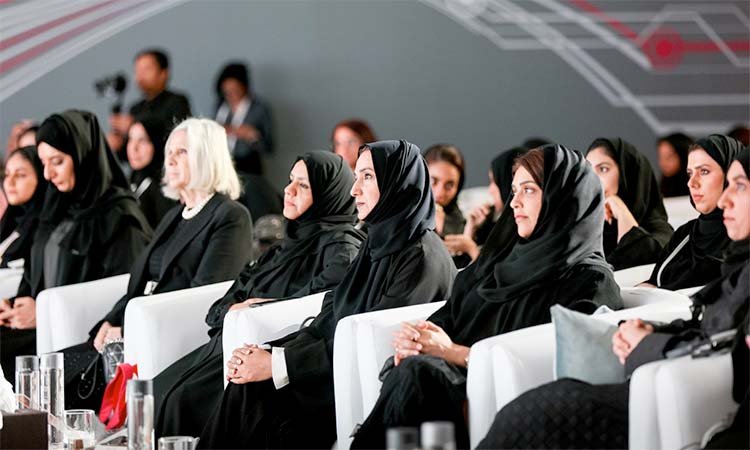The Gulf Cooperation Council (GCC) region is witnessing a transformative shift in the technology landscape, driven in part by the emergence of women leaders who are breaking barriers and spearheading innovation. Across industries like fintech, AI, healthtech, and e-commerce, women in the GCC are not only thriving but also leading the charge in building a more inclusive and dynamic tech ecosystem.
This article celebrates the achievements of leading women innovators in the GCC, highlights their contributions to the tech sector, and explores how their leadership is inspiring a new generation of women to enter the technology field.
1. A Flourishing Ecosystem for Women in Tech
Governments across the GCC are actively promoting gender diversity and women’s empowerment, creating opportunities for women to excel in traditionally male-dominated industries like technology. Initiatives like Saudi Vision 2030, UAE Gender Balance Council, and Qatar National Vision 2030 emphasize the importance of women’s participation in building knowledge-based economies.
Key Drivers of Women’s Success in Tech:
- Government Support: Policies promoting equal opportunities and investment in women-focused programs, such as SheTech in Bahrain and Women in AI UAE.
- Education and Training: Increased access to STEM education and tech-focused scholarships for women in universities and tech hubs.
- Supportive Ecosystems: Platforms like AstroLabs and Hub71 offer mentorship and funding opportunities tailored to women entrepreneurs.
2. Leading Women Innovators in the GCC
Women in the GCC are making significant contributions to the tech sector, developing groundbreaking solutions and leading successful ventures. Here are some of the most prominent women innovators shaping the region’s tech landscape:
a) Dr. Aisha Bin Bishr (UAE)
Position: Former Director General, Smart Dubai
Sector: Smart Cities and AI
Dr. Aisha Bin Bishr is a trailblazer in the smart city movement, having led Smart Dubai, the government initiative aimed at making Dubai the smartest and happiest city in the world. Under her leadership, Dubai became a global leader in blockchain adoption, AI integration, and IoT-powered services, setting benchmarks for smart city innovation.
b) Hala Badri (UAE)
Position: Board Member, Digital Dubai
Sector: Digital Transformation
Hala Badri is a key figure in driving digital transformation in the UAE. Her leadership has influenced the development of innovative digital solutions for government services and public administration. She also advocates for gender equality in tech and encourages women to take on leadership roles in the digital economy.
c) Muna Al Hashemi (Bahrain)
Position: Deputy Group CEO, Batelco
Sector: Telecommunications and Technology
Muna Al Hashemi is a pioneer in the telecom industry, having led Batelco, Bahrain’s largest telecom company, to adopt innovative technologies like 5G, cloud computing, and IoT solutions. Her efforts have helped position Bahrain as a leader in regional digital transformation.
d) Reem Asaad (Saudi Arabia)
Position: Vice President, Cisco Middle East and Africa
Sector: Networking and Cybersecurity
Reem Asaad is one of the most prominent women in the GCC’s tech industry. At Cisco, she oversees strategies for digital infrastructure, cybersecurity, and networking solutions across the region. Her work focuses on empowering digital economies and enabling the adoption of advanced technologies.
e) Rana Nawas (UAE)
Position: Founder, When Women Win
Sector: Education and Leadership
Rana Nawas is a tech entrepreneur and advocate for women’s leadership. Through her platform, When Women Win, she uses technology to empower women professionals by providing access to resources, mentorship, and networking opportunities.
f) Amal Dokhan (Saudi Arabia)
Position: Partner, 500 Startups MENA
Sector: Venture Capital and Startups
As a partner at 500 Startups, Amal Dokhan is dedicated to supporting early-stage tech startups in the GCC. Her work focuses on fostering women-led ventures and encouraging diversity in the entrepreneurial ecosystem.

3. Women-Led Startups Making an Impact
The GCC is home to several successful women-led tech startups that are disrupting industries and creating innovative solutions. These startups demonstrate the entrepreneurial spirit and resilience of women in tech.
a) Clara (Founded by Daniella Loftus, UAE)
Sector: LegalTech
Clara is a legal tech platform that simplifies company formation, cap table management, and legal compliance for startups. It has gained traction across the GCC and beyond, empowering entrepreneurs to focus on growth.
b) Mona (Founded by Reem Al-Faisal, Saudi Arabia)
Sector: AI and HealthTech
Mona is an AI-powered health platform that offers personalized wellness and healthcare solutions. The startup’s innovative use of machine learning and predictive analytics has revolutionized health monitoring in the region.
c) Bonocle (Founded by Bayan AlSindi, Bahrain)
Sector: Accessibility Tech
Bonocle is the world’s first Braille entertainment platform, leveraging IoT and digital tools to make technology accessible for the visually impaired. It has been recognized globally for its innovative approach to inclusivity.
4. Challenges and Opportunities
While women in tech in the GCC are making remarkable progress, challenges remain in achieving gender parity and overcoming societal barriers. At the same time, the growing emphasis on inclusion and innovation presents significant opportunities.
Challenges:
- Cultural Barriers: Traditional gender roles still limit women’s participation in certain tech fields, particularly in more conservative regions.
- Access to Funding: Women-led startups often face difficulties in securing venture capital and angel investments.
- Representation in Leadership: Despite progress, the number of women in C-suite roles and board positions remains limited.
Opportunities:
- Supportive Policies: Initiatives like Saudi Arabia’s Women Empowerment Strategy and the UAE Gender Balance Index are leveling the playing field for women in tech.
- Global Collaboration: Partnerships with international organizations and tech giants are providing women with access to global networks and resources.
- Ecosystem Growth: The GCC’s growing focus on AI, blockchain, and fintech offers numerous opportunities for women to lead innovative projects.

5. The Future of Women in Tech in the GCC
The future of women in tech in the GCC looks promising, with governments, private sectors, and educational institutions driving efforts to close the gender gap. By 2025, the region is expected to see a significant rise in the number of women-led startups, female engineers, and tech leaders.
Predicted Trends:
- Increased representation of women in STEM fields through targeted scholarships and training programs.
- Growth of women-focused accelerators and venture funds, creating a more inclusive entrepreneurial ecosystem.
- Greater involvement of women in policy-making and regulatory frameworks, shaping the future of the tech industry.
Image Courtesy Notice
At The Storiez, we value the efforts of photographers, artists, and content creators. The images featured in our articles are sourced from various news portals and online websites. We strive to ensure proper credit is given wherever possible. If you are the rightful owner of any image used here and would like to request its removal or correct attribution, please feel free to contact us. We respect intellectual property rights and aim to address concerns promptly.

